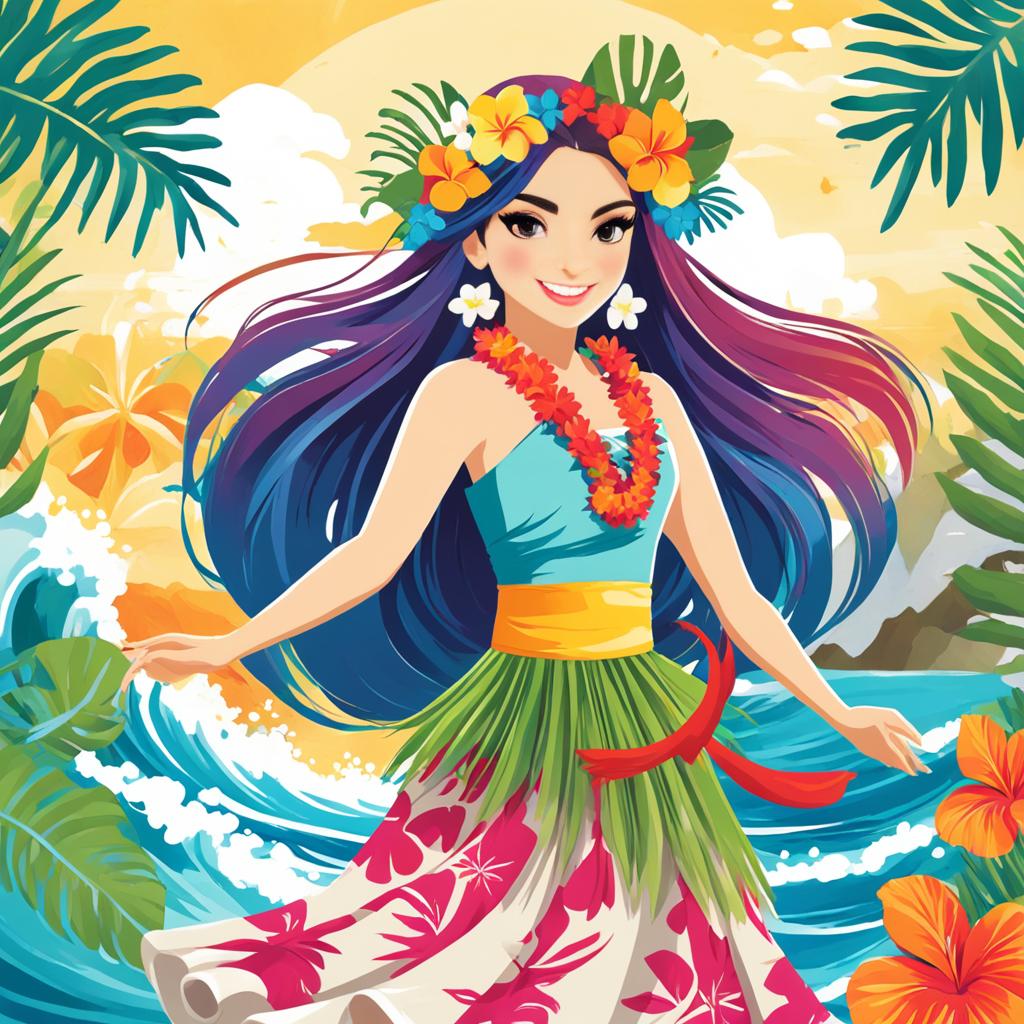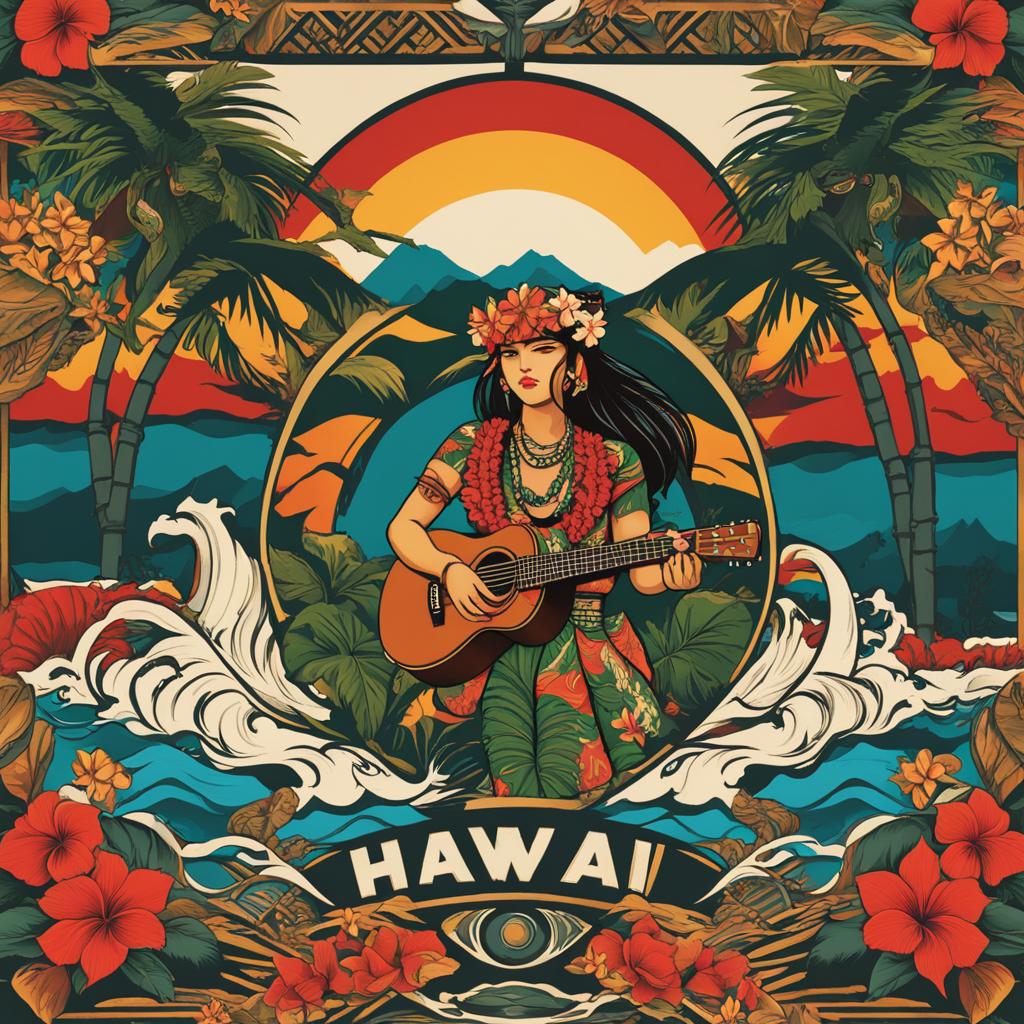Have you ever wondered what term to use when referring to someone from the beautiful islands of Hawaii? Is there a specific term that captures the unique identity and cultural heritage of the people who call Hawaii their home? Let’s explore the terminology for Hawaii residents and uncover the fascinating nuances that exist within this diverse and vibrant community.
The Indigenous People of Hawaii

The indigenous people of Hawaii, known as Native Hawaiians, are the descendants of the original inhabitants of the Hawaiian Islands. They have a deep-rooted cultural heritage that spans centuries and is intertwined with the land, language, and traditions of Hawaii.
Native Hawaiians have faced significant challenges throughout their history, including colonization and the suppression of their language and cultural practices. However, in recent years, there has been a resurgence of Native Hawaiian pride and activism as they strive to reclaim and preserve their cultural heritage.
Efforts to promote self-determination and cultural revitalization have been key focuses for Native Hawaiians. Organizations and initiatives dedicated to preserving and celebrating Native Hawaiian traditions, language, arts, and customs have emerged, contributing to the continued vibrancy of the community.
Image:
| Key Aspects of Native Hawaiian Cultural Heritage | Significance |
|---|---|
| Hula | The traditional dance form that tells stories of Hawaiian history and mythology, preserving important cultural narratives. |
| Oli (Chanting) | Ancient chants used to honor deities, recount genealogies, and express love and gratitude for the land and nature. |
| ʻŌlelo Hawaiʻi (Hawaiian Language) | The revitalization of the Hawaiian language as a means of cultural preservation and strengthening Native Hawaiian identity. |
| Ahu ʻula (Feather Capes) and Lei (Garlands) | Symbolic adornments made from natural materials like feathers and flowers, representing status, beauty, and cultural pride. |
| Traditional Navigation | The art of wayfinding using stars, currents, and other natural cues to navigate vast oceanic distances, reflecting the close relationship Native Hawaiians have with the sea. |
The cultural heritage of Native Hawaiians is a unique and valuable part of Hawaii’s identity. It is essential to recognize their contributions to the state’s history, celebrate their resilience, and support efforts to preserve and promote their cultural traditions for future generations.
Significance of the Term “Hawaiian”

The term “Hawaiian” holds significant meaning in various contexts. At its core, it refers to the indigenous people of Hawaii, who share a deep historical and cultural connection to the land. As an ethnicity, being Hawaiian goes beyond a geographic location; it represents a vibrant heritage with its own customs, language, and traditions.
When used to describe someone’s ethnicity, the term “Hawaiian” acknowledges an individual’s ancestry traced back to the indigenous people of Hawaii. This recognition respects the cultural diversity and unique identity of those with Hawaiian heritage, honoring their roots and heritage.
Hawaii’s rich cultural heritage is deeply intertwined with the term “Hawaiian.” The traditions, values, and beliefs passed down through generations have shaped the identity of the Hawaiian people and continue to be celebrated today. By understanding and appreciating the cultural heritage of the Hawaiian people, we can contribute to the preservation and promotion of their customs and traditions.
Note: The image below depicts a traditional Hawaiian hula dancer, symbolizing the cultural significance of the Hawaiian people.
| Aspects of Hawaiian Cultural Heritage | Examples |
|---|---|
| Traditional Hula | Performed to preserve and express Hawaiian history, legends, and spirituality. |
| Aloha Spirit | Emphasizes compassion, respect, and harmony in relationships and communities. |
| Native Language | The Hawaiian language has experienced a revitalization, with efforts to preserve and promote its use. |
| Connection to Land (ʻĀina) | Hawaiians have a deep reverence for the land and its natural resources, embracing sustainable practices. |
| Celebration of Makahiki | An annual festival honoring the god Lono and the harvest season, encompassing rituals, games, and feasting. |
Table: Aspects of Hawaiian Cultural Heritage
Complex History of Hawaii

Hawaii has a complex and fascinating history that has contributed to its unique identity today. From the overthrow of the Hawaiian monarchy to the eventual statehood of Hawaii, the islands have experienced significant transformations throughout the years.
In 1893, the Hawaiian monarchy was overthrown in a controversial coup. Led by influential businessmen and politicians, this event marked a turning point in Hawaiian history. The overthrow resulted in the establishment of a provisional government and set the stage for the United States to exert its influence over the islands.
After years of political negotiations and developments, Hawaii officially became a U.S. state in 1959. This significant milestone in the history of Hawaii solidified its place within the United States, making it the 50th state.
The complex history of Hawaii encompasses a wide range of struggles, achievements, and ongoing initiatives. It includes the challenges faced by the indigenous population, such as the suppression of their language and cultural practices during colonization. However, there have also been efforts to preserve and celebrate the unique cultural heritage of Hawaii’s indigenous people, the Native Hawaiians.
Today, Hawaii continues to navigate its complex history by engaging in initiatives for indigenous rights and community development. The state is committed to acknowledging the past while embracing a future that respects and honors its diverse population.
| Year | Event |
|---|---|
| 1893 | Overthrow of the Hawaiian monarchy |
| 1959 | Statehood of Hawaii |
Other Common Terms for Hawaii Locals
In addition to the terms “Hawaiian” and “Native Hawaiian,” there are other commonly used terms to refer to Hawaii locals that reflect the unique cultural diversity of the islands. The term “local” is widely used and encompasses individuals who were born and raised in Hawaii or have made it their home over time. Being a local in Hawaii is more than just a designation; it is a sense of identity and belonging to the community.
Another term often used to describe Hawaii locals is “kama’aina,” which literally translates to “child of the land.” This term is reserved for those who have lived in Hawaii for an extended period and have developed a deep connection to the land and its people. It signifies a sense of rootedness and acknowledges the importance of respecting and preserving the natural beauty and cultural heritage of Hawaii.
One term that requires sensitivity and understanding is “haole.” Historically, “haole” referred to foreigners or white people, but its usage has evolved over time. Today, it can be used to describe anyone who is not of Native Hawaiian descent. While the term itself can carry different connotations depending on the context, it is crucial to approach its usage with cultural sensitivity and respect for the diverse backgrounds and experiences of individuals who call Hawaii home.
FAQ
Q: What do you call someone from Hawaii?
A: The terminology for someone from Hawaii can be complex. While the terms “Hawaiian” and “Native Hawaiian” specifically refer to the indigenous Polynesian people of Hawaii, the term “Hawaiian” is often used more broadly to refer to anyone who is a resident of Hawaii, regardless of their ethnic background.
Q: Who are the indigenous people of Hawaii?
A: The indigenous people of Hawaii are known as Native Hawaiians. They are the descendants of the original inhabitants of the Hawaiian Islands and have a rich cultural heritage that dates back centuries.
Q: What is the significance of the term “Hawaiian”?
A: The term “Hawaiian” has significance in different contexts. It can refer to the indigenous people of Hawaii, who have a unique historical and cultural connection to the land. It can also be used to describe a person’s ethnicity if they have ancestry that can be traced back to the indigenous people of Hawaii.
Q: What is the complex history of Hawaii?
A: Hawaii has a complex history that has shaped its present-day identity. In 1893, the Hawaiian monarchy was overthrown in a controversial coup led by influential businessmen and politicians. This event marked a turning point in Hawaiian history and set the stage for the U.S. to exert its influence over the islands. Hawaii eventually became a U.S. state in 1959.
Q: What are other common terms for Hawaii locals?
A: In addition to the terms “Hawaiian” and “Native Hawaiian,” there are other terms used to refer to Hawaii locals. The most common term is “local,” which encompasses individuals who were born and raised in Hawaii or have made it their home over time. Another term often used is “kama’aina,” which means “child of the land” and applies to those who have lived in Hawaii for an extended period and feel a sense of belonging.
